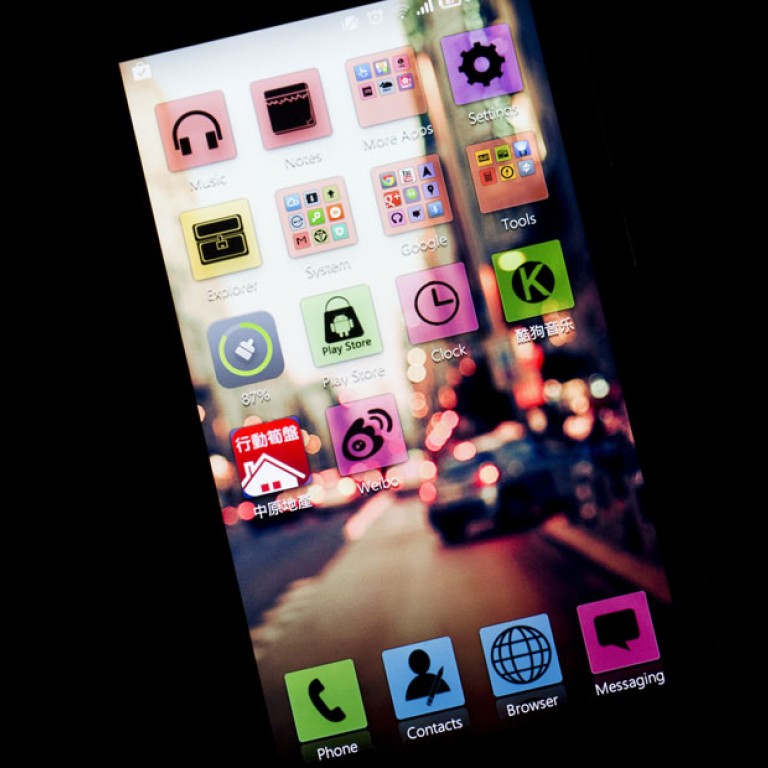
Internet crime increases as users drop their guard while on the phone
Security breaches on the rise, as many people forget that 'a mobile phone is a computer now'
The leaking of private information via the internet is increasing rapidly as more users log on using their mobile phones, according to industry experts.

There were 16 smartphone-related cases in the first quarter, compared with six in the same period last year.
Research by US security software maker Symantec found ordinary consumers' personal details - such as credit card numbers, medical records and bank account details - were more vulnerable than before because users were less careful when accessing the internet from mobile phones.
"Many people don't have a strong sense that a mobile phone is in fact a computer now, and they don't place enough importance on the protection of personal information when using mobile devices," said Lawrence Li, system engineering manager of Symantec Hong Kong.
Symantec found that only 56 per cent of mobile and social-platform users would delete suspicious e-mails from people they don't know, while 90 per cent of users would do that on their computers.
Thirty-three per cent of the mobile-devices users had basic, free antivirus software, while the figure for computer users was 72 per cent.
ZTE, the world's fifth-largest telecommunications equipment supplier, said that since the US spying revelations made by whistle-blower Edward Snowden, the company had attached even greater importance to preventing information leaks.
Lu Qianhao, ZTE's head of handset marketing, said users were exposed to greater security threats due to the wider adoption of mobile internet.
"We have invested heavily in research to better protect users," Lu said.
There are some simple steps users should take to protect themselves - for example, always setting passwords to mobile devices. And they should turn off any unused or unnecessary services on the system, said Daniel Tse, a professor at City University who specialises in internet security. "If you don't use it, don't open it. Otherwise you leave it open to potential attack."
HKCERT senior consultant Leung Siu-cheong said users should not rely totally on anti-virus technology.
"Technology can't solve the problem completely," he said. "Even if it can do 99 per cent of the job, consumers still have to do the remaining last bit."
